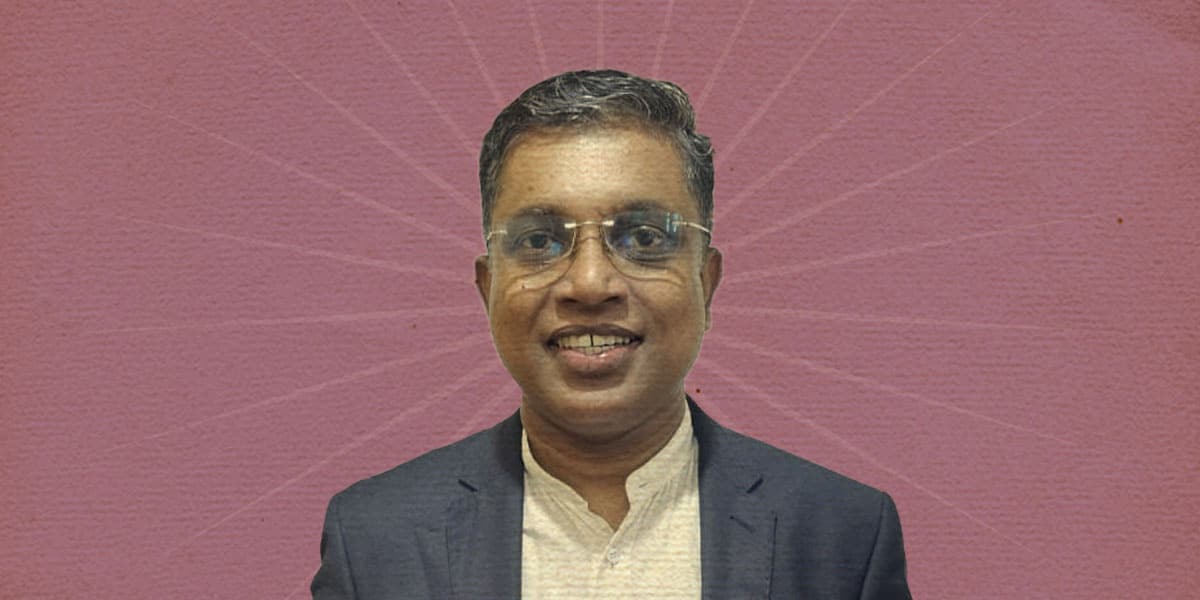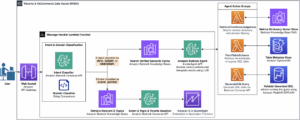Prasanth Sugathan, a lawyer and legal director of the Software Freedom Law Center (SFLC) in India, has focused his career on defending digital rights in the country. With a strong focus on technology legislation, Sugathan has been involved in important legal cases in India and has testified before parliamentary committees on critical issues such as the Information Technology Act and net neutrality.
In a recent interview, Sugathan recounted his interesting journey, highlighting his transition from engineer to lawyer committed to open source software and the defense of freedom of expression. According to him, “freedom of expression is fundamental to any democratic nation,” emphasizing the relevance of the free exchange of ideas, especially in our current digital age.
During his tenure at the SFLC, Sugathan faced the enactment of regulations that directly impacted online freedom of expression. In 2011, the Indian government introduced guidelines that limited the liability of online platforms, sparking a major debate. Sugathan recalled a particular case from 2015 when the Indian Supreme Court declared unconstitutional one of these regulations, known as Section 66-A of the IT Act, which criminalized the transmission of “offensive messages” through electronic means. This judicial ruling was hailed as a significant victory for freedom of expression rights in the country.
However, concerns persist regarding freedom of expression in India. Sugathan pointed out that there is a climate of self-censorship, where many individuals and organizations refrain from expressing critical opinions out of fear of potential government repercussions. This situation has created a discouraging environment for activists and journalists, who frequently face threats and legal actions.
Despite the challenges, Sugathan maintains that online platforms play a vital role in promoting freedom of expression. However, he warns that the algorithms of these platforms can facilitate the spread of misinformation and hate speech, which poses a significant challenge for both users and regulators.
Sugathan also addressed the phenomenon of deepfakes, which has become a growing concern, especially in electoral contexts. He highlighted that the Indian government is beginning to regulate this type of content, reflecting the urgent need to address emerging technologies that threaten the veracity of information.
In a time where the relationship between technology and human rights is more relevant than ever, Prasanth Sugathan continues to be a staunch advocate for freedom of expression and a key figure in the debate on the future of digital rights in India.
via: MiMub in Spanish












